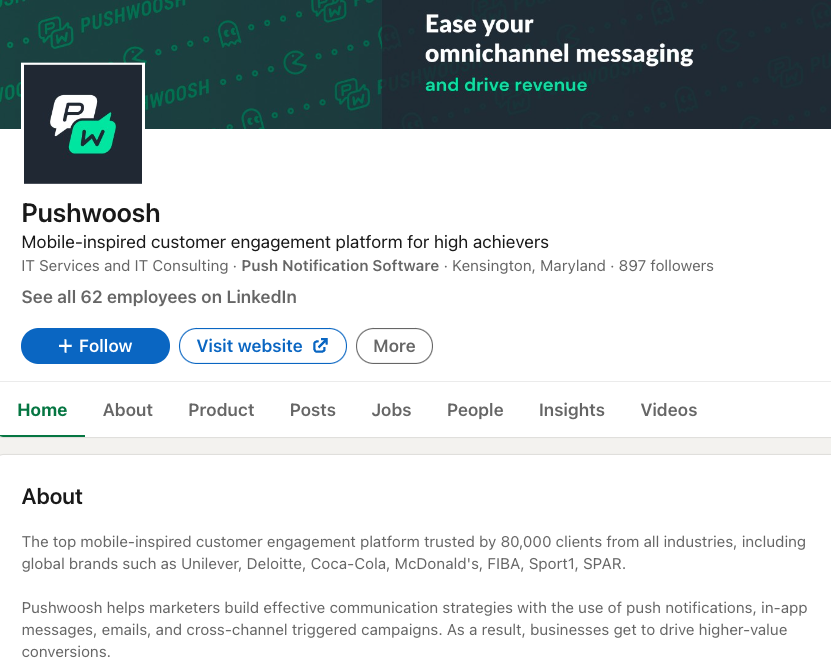Hey, Google: It's time to step up your Pixel upgrade promise
![]()
Look, it’s no big secret that I’m a fan of Google’s Pixel program.
I’ve personally owned Pixel phones since the first-gen model graced our gunk-filled pockets way back in 2016. And Pixels have been the only Android devices I’ve wholeheartedly recommended for most folks ever since.
There’s a reason. And more than anything, it comes down to the software and the overall experience Google’s Pixel approach provides.
- Part of that is the Pixel’s interface and the lack of any unnecessary meddling and complication — including the absence of confusing (and often privacy-compromising) duplicative apps and services larded onto the phone for the manufacturer’s business benefit and at the expense of your user experience.
- Part of it is the unmatched integration of exceptional Google services and exclusive Google intelligence that puts genuinely useful stuff you’ll actually benefit from front and center and makes it an integrated part of the Pixel package.
- And, yes, part of it is the Pixel upgrade promise and the fact that Pixel phones are still the only Android devices where both timely and reliable software updates are a built-in feature and guarantee.
[Psst: Got a Pixel? Any Pixel? Check out my free Pixel Academy e-course to uncover all sorts of advanced intelligence lurking within your phone!]






